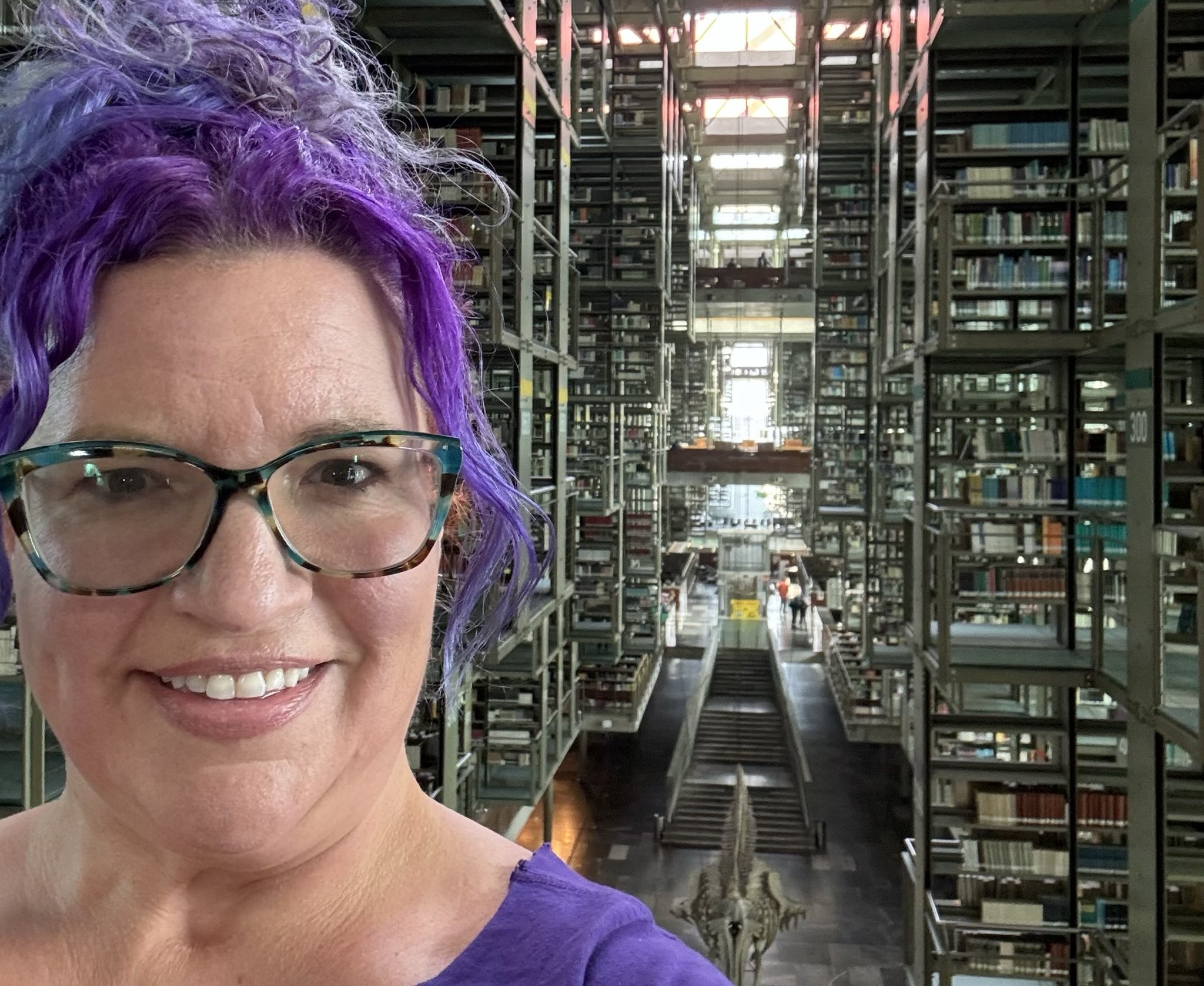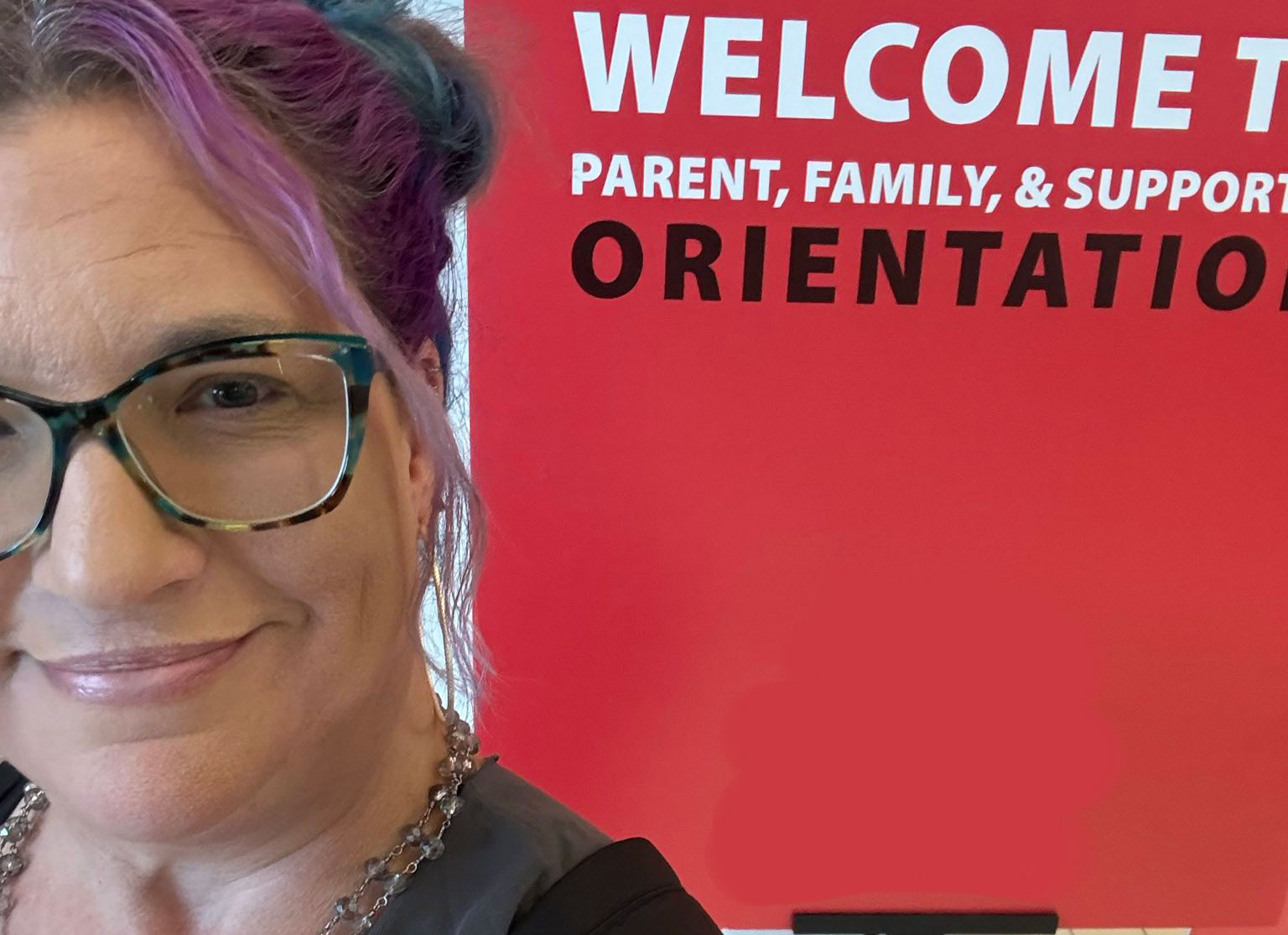Many years ago, I worked on a little unpaid side hustle called The Committed Project. Dedicated to supporting professionals in higher education with mental illness, we sought out stories from all sorts of folks to better tell this story and eradicate stigma. One of the posts that we had come in was from a professor who talked about “neurodiversity,” and this was my introduction to the concept of neurodivergence.
Since that time, and especially since my autism diagnosis, I’ve come to embrace and use the term “neurodivergence” to describe myself and many others, but I recognize that if you are not neurodivergent, this is very likely a foreign term for you. So I thought I’d take a minute to explain what neurodivergence is.
What does “neurodivergence” mean?
Essentially, neurodivergence is a nonmedical term we apply to people whose brains were formed or which work differently. Differently from what, you might ask? People who are not neurodivergent are what we call “neurotypical.” The majority of the world – schools, workplaces, social events, etc. – was designed based on neurotypical experience. Therefore, having a neurodivergent brain can cause navigating this world to be quite the challenge.
Neurodivergence is often used to describe autistic individuals or individuals with ADHD. However, it includes a whole host of conditions, including (but not limited to):
- obsessive-compulsive disorder (OCD)
- dyslexia, dyspraxia, and dyscalculia
- Tourette’s Syndrome
- Down Syndrome
- learning disabilities
Some people argue that it also includes mental health conditions, since those often alter the way the brain functions for those who experience them.
Most research indicates that approximately 15-20% of the world’s population is neurodivergent, but chances are these numbers are low with how many people are undiagnosed.
What is neurodiversity, then?
Neurodiversity, then, is the combination of neurodivergent and neurotypical brains. It’s more than likely that every place you go – school, work, activities – is a neurodiverse place.
Sociologist Judy Singer has largely been credited with coining the term “neurodiversity” in her 1998 bachelor’s honors thesis at the University of Technology Sydney, though there are some contentions to that. (As Singer has since come out as anti-trans, I’m more than happy to credit the term to a collective group as argued here).
Why is all of this important?
As mentioned above, even if you are a neurotypical person, you are likely interacting with neurodivergent people every day, in almost every facet of your life. Taking the time to understand neurodivergence will help you to improve your relationships with these folks, as well as communication. It may make your workplace more neurodivergent-friendly (and maybe even more productive!) and help decrease the challenges for neurodivergent individuals as they navigate a neurotypical world.






